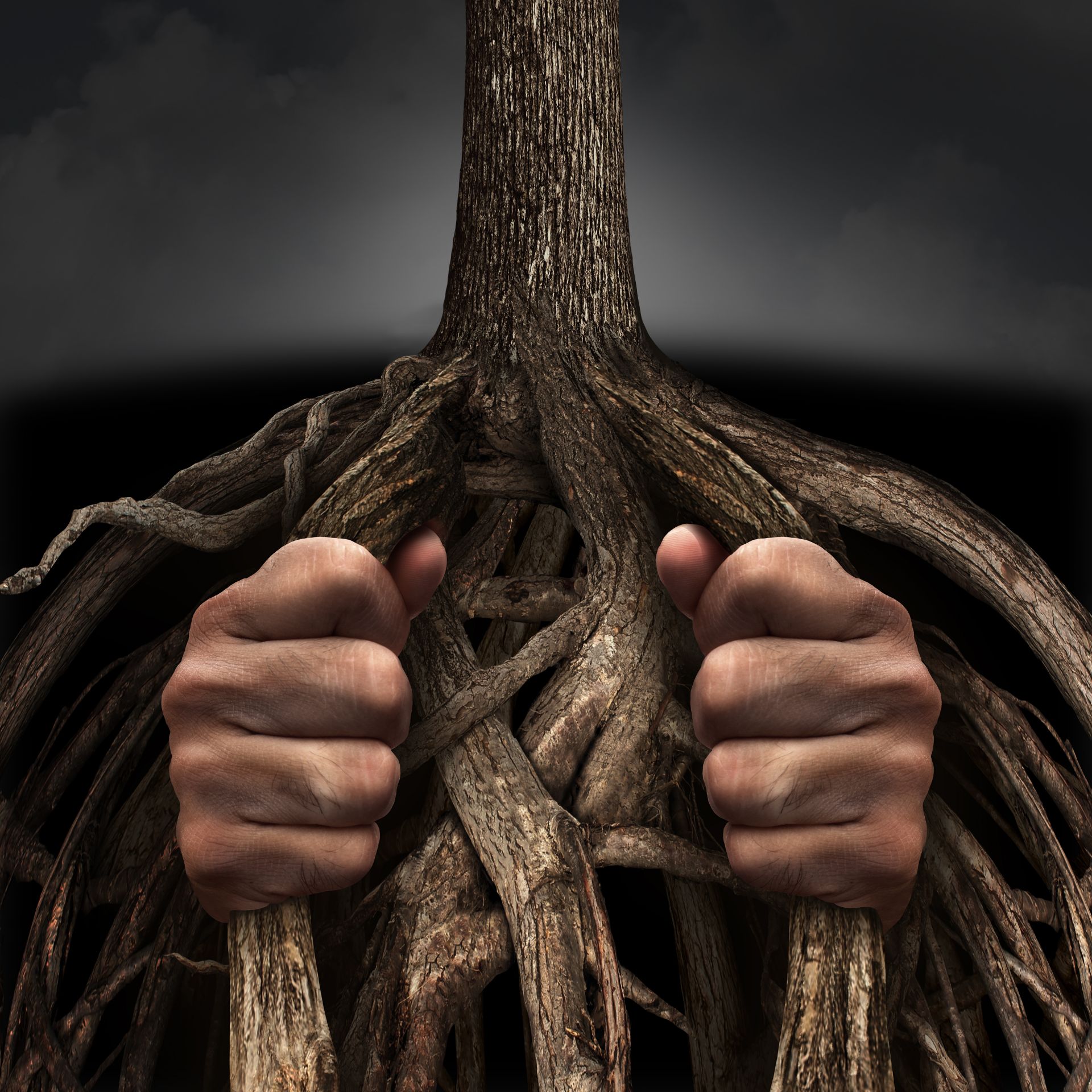Can I tell you something I did as a kid that I’m ashamed of?
In second grade, I had a crush on a girl named Missy. I also had a best friend named Nick. One day at recess, Nick, Missy and I were playing keep-away with a plastic football. Nick prepared to launch a pass that I was prepared to “Odell-Beckham.” As he launched the ball, Missy made a leaping attempt to block it…which she did…with her face.
She fell crying, I came running, Nick started apologizing, and I told Nick I would never speak to him again.
And I didn’t. Ever. A few months later, Nick and his family moved, and I never saw him again.
I can still remember watching Nick cry and apologize for his accidental injury. I was bitter towards him, and though it was a small seed, I remember liking the taste of gratification, superiority, and self-justice it afforded me. I wanted him to hurt for what he had done. Sickeningly, I liked hurting him.
I was a bad friend. I’m ashamed. I can’t take it back.
When I look at my actions now as an adult, as well as witness the actions and interactions of those around me, I see the trees we plant as children often don’t wither over time, rather they grow deeper roots and strengthen in prominence. The fruit is more plentiful, and the size of the tree begins to shade out other areas, making them unsuitable for growth.
Bitterness in our own hearts keeps us from celebrating and experiencing the joy of others because it is not our joy. It keeps us focused on our hurts, our offenses, our injuries (accidental or intentional) because in our hearts, we believe we should have a life immune from those things. We should have joy. We should have privileges. We should be the point.
But we’re not the point. We aren’t immune. We aren’t able to live a single day without intentionally or unintentionally hurting a stranger or even someone we love. In a fallen world, fallen people do fallen things. In a fallen world, fallen things happen to fallen people. We will all feel and cause the pang.
The tree of bitterness is a lonely tree and an ungodly one. The poison fruit tastes like justification, rights, anger, and turns your relationships sour. The poison we often point to in others is not so much in them, but in ourselves – rooted in our gardens. Eating its fruit will eventually leave us spiritually dead, emotionally spent and physically exhausted.
But we cannot tear it out ourselves. We must be willing to allow others to speak truth into our lives and, in so doing, tear away the branches of our tree. We must avoid the temptation to pick up the fruit of bitterness and instead, let it lie and rot. Ultimately, we must ask the Holy Spirit to do the painful job of digging out the roots and destroying every semblance of the tree in our hearts.
The good news is the Spirit doesn’t stop there. Whenever he digs out a tree of sin, he replaces it with a tree of life. He replaces the kingdom of self with the kingdom of God. He places a seed, though it may be small, and waters it with His Word and the gospel as daily it reaches skyward in new life. This tree overflows with beautiful fruit not only for ourselves, but helps us nourish others.
Nick, wherever you are, I am sorry. I was wrong and I ask your forgiveness.
“See to it that no one fails to obtain the grace of God; that no ‘root of bitterness’ springs up and causes trouble, and by it many become defiled.” – Heb. 12:15
“’The kingdom of heaven is like a grain of mustard seed that a man took and sowed in his field. It is the smallest of all seeds, but when it has grown it is larger than all the garden plants and becomes a tree, so that the birds of the air come and make nests in its branches.’” – Jesus, Matt. 13:31-32
